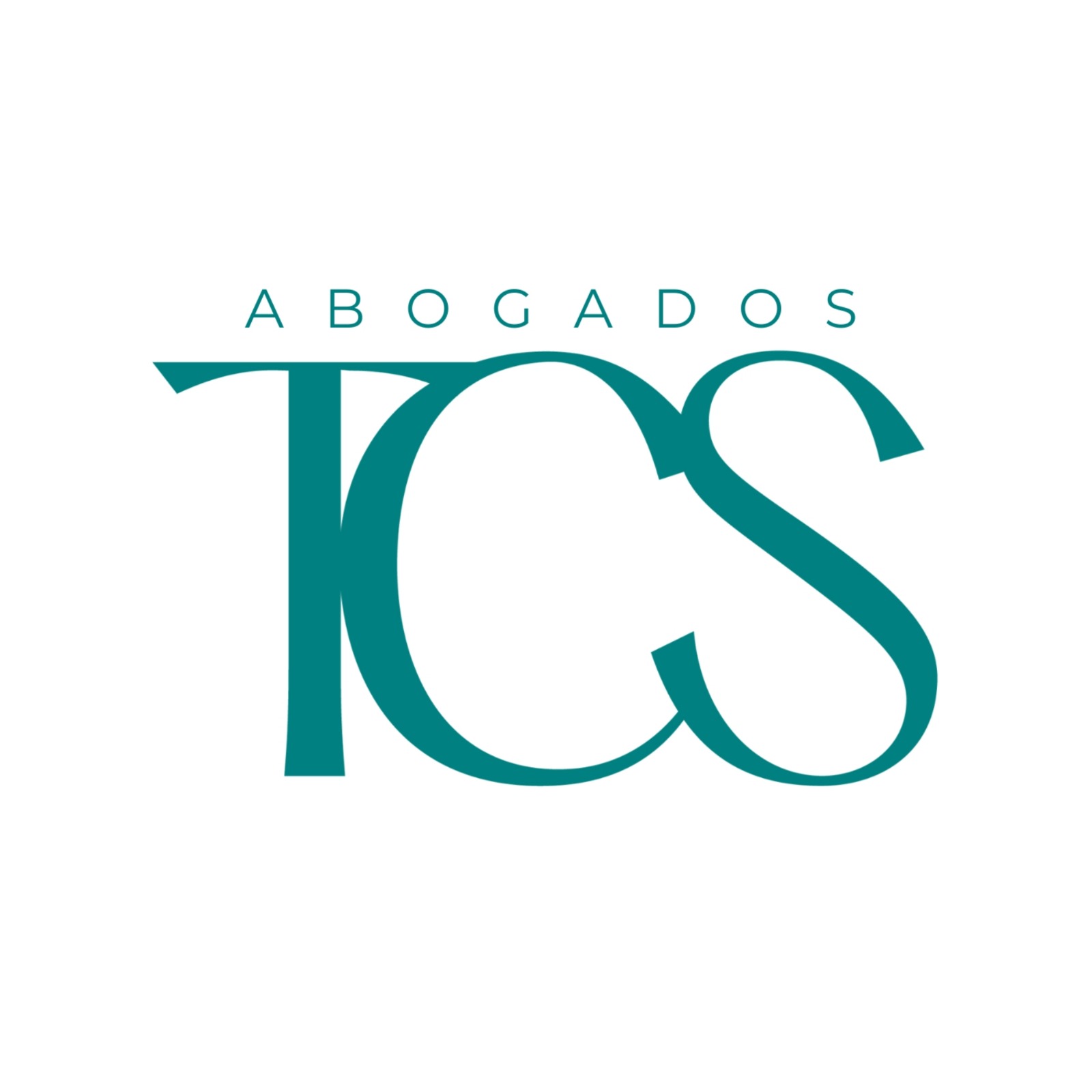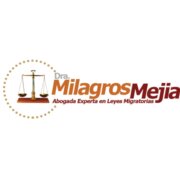Best Communications & Media Law Lawyers in Santo Domingo
Share your needs with us, get contacted by law firms.
Free. Takes 2 min.
List of the best lawyers in Santo Domingo, Dominican Republic
About Communications & Media Law in Santo Domingo, Dominican Republic
Communications & Media Law in Santo Domingo, Dominican Republic governs the legal aspects of media and communication activities, including broadcasting, telecommunications, advertising, and intellectual property rights. These laws aim to regulate the content and distribution of media and communication services while protecting the rights of individuals and companies involved in these industries.
Why You May Need a Lawyer
You may need a lawyer specializing in Communications & Media Law in Santo Domingo, Dominican Republic if you are facing issues such as defamation, copyright infringement, contract disputes, or regulatory compliance in the media and communication sector. A lawyer can help you navigate complex legal processes, protect your rights, and provide legal advice tailored to your specific situation.
Local Laws Overview
The key aspects of local laws relevant to Communications & Media Law in Santo Domingo, Dominican Republic include the Law on Telecommunications and Information Technologies, the Law on Press Freedom and Expression, and the Law on Intellectual Property. These laws regulate the licensing and operation of media outlets, the protection of intellectual property rights, and the rights and responsibilities of journalists and media professionals.
Frequently Asked Questions
1. What is defamation and how is it regulated in Santo Domingo, Dominican Republic?
Defamation is the act of making false statements that harm someone's reputation. In Santo Domingo, Dominican Republic, defamation is regulated under the Criminal Code, which criminalizes both libel (written defamation) and slander (spoken defamation).
2. Can I use someone else's content in my media production without permission?
No, using someone else's content without permission may constitute copyright infringement, which is illegal in Santo Domingo, Dominican Republic. It is important to obtain the necessary licenses or permissions before using copyrighted material in your media productions.
3. What are the regulations for advertising in Santo Domingo, Dominican Republic?
Advertising in Santo Domingo, Dominican Republic is regulated by the General Advertising Law, which sets out rules for truthful advertising, comparative advertising, and the use of children in advertisements. It is important to comply with these regulations to avoid legal issues.
4. How can I protect my intellectual property rights in Santo Domingo, Dominican Republic?
You can protect your intellectual property rights in Santo Domingo, Dominican Republic by registering your trademarks, copyrights, and patents with the National Office of Industrial Property (ONAPI). It is important to take proactive steps to safeguard your intellectual property from infringement.
5. What are the rights of journalists and media professionals in Santo Domingo, Dominican Republic?
Journalists and media professionals in Santo Domingo, Dominican Republic have the right to freedom of expression and access to information, as guaranteed by the Constitution. However, they also have a responsibility to adhere to ethical standards and respect the privacy and reputation of individuals.
6. Can I be held liable for the comments posted by users on my media platform?
As the owner or operator of a media platform in Santo Domingo, Dominican Republic, you may be held liable for defamatory or illegal comments posted by users if you fail to take reasonable measures to prevent such content. It is important to have a clear moderation policy in place to minimize legal risks.
7. What are the penalties for violating Communications & Media Laws in Santo Domingo, Dominican Republic?
Violations of Communications & Media Laws in Santo Domingo, Dominican Republic can lead to fines, civil liability, and even criminal charges, depending on the nature and severity of the offense. It is important to comply with the legal requirements to avoid legal consequences.
8. How can I resolve a contract dispute related to a media project?
If you are facing a contract dispute related to a media project in Santo Domingo, Dominican Republic, you can try to resolve the issue through negotiation, mediation, or arbitration. If these methods fail, you may need to seek legal assistance to pursue legal action in court.
9. Can I appeal a decision by the regulatory authority in the media sector?
Yes, if you disagree with a decision by the regulatory authority in the media sector in Santo Domingo, Dominican Republic, you have the right to appeal the decision through the appropriate legal channels. It is important to follow the established procedures for appealing regulatory decisions.
10. How can a lawyer help me with my Communications & Media Law issues in Santo Domingo, Dominican Republic?
A lawyer specializing in Communications & Media Law in Santo Domingo, Dominican Republic can provide legal advice, represent you in legal proceedings, draft contracts and agreements, and help you navigate the complexities of the legal system. A lawyer can protect your rights and interests in media and communication-related matters.
Additional Resources
If you need legal assistance in Communications & Media Law in Santo Domingo, Dominican Republic, you can contact the National Office of Industrial Property (ONAPI), the National Commission of Telecommunications (INDOTEL), or the Dominican Association of Press (ADP) for guidance and support. These organizations can provide valuable resources and information related to Communications & Media Law.
Next Steps
If you require legal assistance in Communications & Media Law in Santo Domingo, Dominican Republic, it is advisable to consult with a qualified lawyer specializing in this field. A lawyer can assess your situation, provide personalized legal advice, and guide you through the legal process to ensure your rights are protected and your interests are safeguarded.
Lawzana helps you find the best lawyers and law firms in Santo Domingo through a curated and pre-screened list of qualified legal professionals. Our platform offers rankings and detailed profiles of attorneys and law firms, allowing you to compare based on practice areas, including Communications & Media Law, experience, and client feedback.
Each profile includes a description of the firm's areas of practice, client reviews, team members and partners, year of establishment, spoken languages, office locations, contact information, social media presence, and any published articles or resources. Most firms on our platform speak English and are experienced in both local and international legal matters.
Get a quote from top-rated law firms in Santo Domingo, Dominican Republic — quickly, securely, and without unnecessary hassle.
Disclaimer:
The information provided on this page is for general informational purposes only and does not constitute legal advice. While we strive to ensure the accuracy and relevance of the content, legal information may change over time, and interpretations of the law can vary. You should always consult with a qualified legal professional for advice specific to your situation.
We disclaim all liability for actions taken or not taken based on the content of this page. If you believe any information is incorrect or outdated, please contact us, and we will review and update it where appropriate.














